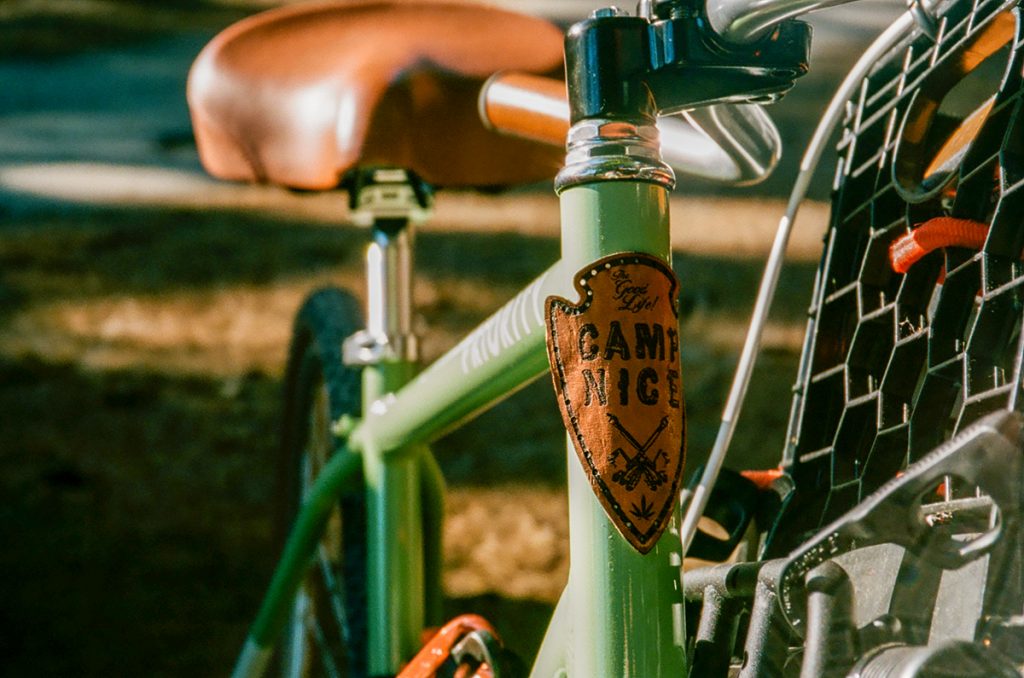

Then it's great to follow up with something positive you noticed about their changed behavior. So many times, there isn't even needs for consequences or rewards.things just need to be "noticed" and in my experience 9 times out of 10, the behavior is corrected on its own.
Superduper arts camp how to#
I've noticed alot of times, children just aren't always aware of their own body, and need to see lots of examples of how to be safe and kind around other kids. Usually, the child is great at coming up with a solution. Or if a student is being hurt by him/her- I can point it out to the child that how they are holding someone's hand is painful- How might they change that? Sometimes the child isn't even aware that he is having any "issues" at all! I will usually tell them what I notice, and ask them a question about what they see others doing.so for example if I see one child is pulling on another child's arm harder than the rest during a circle game of some sort- I will first usually model how the rest of us are holding hands. Sometimes another kid will tell me what they notice (sometimes sounding like a tattle tale) and sometimes I will notice it myself.

I always make sure that the child is aware that they are not cooperating as part of the whole. I never gave real consequence we just figured out how to fix the problem (which was often making the kid go out of their way and could be labeled a consequence, but the kid understood it as fixing something).

The goal was to get the kids to recognize their emotions and actions and figure out how to it in the future as well as taking responsibility for their current actions and try to make them right. I would remind them that they can only control their actions and we would work on a plan of action for the next time the kid came into that sort of situation and then decide on a way to make the current situation right. By this time, the kids usually had thought about everything and could tell me exactly what happened and where they went wrong (and the other person went wrong too, of course). When time was up, I would come back to the person(s) involved. I would ask if they thought x minutes was fine to cool off and then set a timer and walk away. The first thing is to make sure everyone is calm when you talk about what happened. I had some consequences last year with the older kids.


 0 kommentar(er)
0 kommentar(er)
